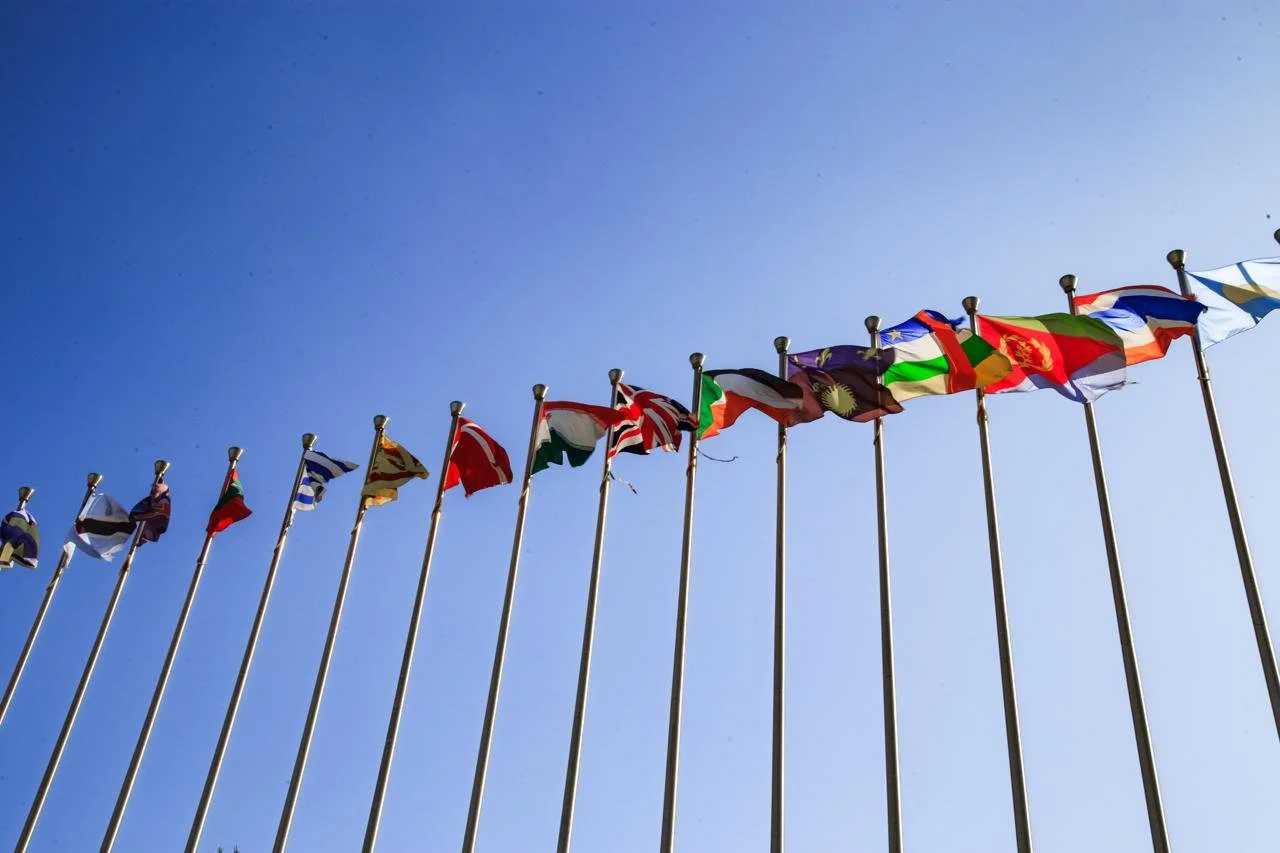By: Udaibir Das
On the sidelines of this year’s World Bank-International Monetary Fund Spring Meetings in Washington DC, the Observer Research Foundation America (ORF America) and the Centre for Social and Economic Progress (CSEP) convened around the question of what structural, institutional, and political transformations are needed now to make the development agenda meaningful for the Global South. The strong conclusion was that development challenges can no longer exist in silos. Debt sustainability, climate resilience, food security, human development, and institutional reform are deeply interconnected and the global system must adapt. Amid rising financial instability, slowing growth, trade wars, and persistent inequality, the Global South faces growing vulnerabilities — yet remains pivotal to the world economy’s future.
Debt has become a central constraint, demanding immediate attention. It is a fiscal challenge and a structural barrier, stalling growth, stifling investment and human development, and forcing impossible trade-offs between present survival and future resilience. Over sixty nations, home to nearly 1.5 billion people, face high debt, limited fiscal space, acute climate vulnerability, and exclusion from affordable capital markets. Trapped in a system of slow, ad hoc relief governed by outdated rules, these nations are at an impasse. These tensions were palpable at the Spring Meetings. Participants voiced concerns over financial tightening, escalating trade barriers, and potential corrections in bond markets. While vulnerabilities grow more visible, systemic solutions remain elusive.
Climate finance has also emerged as an existential priority, not a secondary concern. Developing countries require $2.4 trillion annually for climate action and sustainable development. Current flows, however, stagnate around $600 billion, with less than 20% reaching the neediest countries. This is not merely a financing but a justice gap, exposing inequities in the global economic system. The contradiction is stark. Many countries grappling with climate impacts possess critical minerals and natural resources vital for the world’s green transition. Yet, outdated risk frameworks often categorize them as high-risk borrowers, locking them out of global capital markets on viable terms.
This misalignment of resources, needs, and financial flows underscores a deeper failure. The global economic architecture, designed for a different era, struggles to address today’s complex, interconnected challenges. There is a growing trust deficit in multilateralism. Unkept commitments, delays in delivery, and marginalization of voices threaten global cooperation. Multilateral institutions must move from inclusive rhetoric to inclusive outcomes.
The ORF America-CSEP debate underscored four critical imperatives. First, redesigning risk perception and pricing to avoid penalizing opportunity-rich countries is essential. Second, South-South cooperation platforms must expand to complement, not replace, global responsibility. Third, debt policies must shift from reactive crisis responses to preemptive frameworks that build resilience. Fourth, development finance must explicitly link to voice and governance, rebalancing who decides, benefits, and bears risk in global decision-making.
At its heart lies a profound insight: Countries often labeled as vulnerable and fragile are not problems to manage but possibilities waiting to be unlocked. They possess resources, resilience, ingenuity, and aspirations the world cannot afford to ignore. Reforms must be structural, deliberate, and transformational to have a lasting impact. The actual test of the global development architecture is not whether it serves the median country but delivers for the approximately 60 most structurally constrained nations grappling with poverty, social development, climate vulnerability, debt stress, and exclusion. These nations are not peripheral. They are the litmus test of the system’s readiness for the 21st century.
Udaibir Das is a Distinguished Fellow at ORF America, Visiting Professor at NCAER, Senior Non-Resident Adviser at the Bank of England, Senior Adviser to the International Forum for Sovereign Wealth Funds, Distinguished Visiting Faculty at the Kautilya School of Public Policy, and Senior Advisor at the Toronto Centre. He previously held roles at the BIS, IMF, Reserve Bank of India, and Bank of Guyana.

